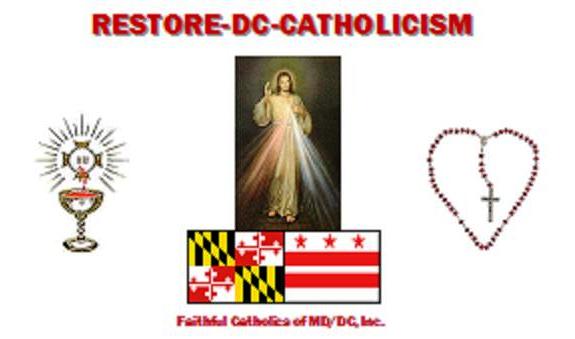Until Pope Francis ascended to the papal chair the Pontiffs had always obeyed Church law by restricting the washing of feet to Catholic men on Holy Thursday. They respected the authority of the Church that devised canon law and in so doing assented to the purpose of the washing as a reflection on the sacerdotal priesthood which is open only to men. Of course too many bishops (mine included) have flagrantly disobeyed this canon law as they tried to portray themselves as oh-so-inclusive.
Ever since he assumed the papacy, this pope has broken Church law in this regard. While no one gainsays his authority to change canon law, we must still acknowledge that there is a huge difference between amending Church law and violating Church law. The former is done while respecting the existence and purpose of canon law. The latter shows abysmal indifference, if not utter contempt for the authority of the Church and of the previous leaders who crafted these laws.
This past January Pope Francis announced his amendment of Church law to allow for the washing of women's feet on Holy Thursday. While it is truly regrettable to undermine the linkage to the sacerdotal priesthood we do acknowledge his right to do so. Now look closely at his statement that he made while so doing: "After careful consideration I have decided to make a change to the Roman Missal. I therefore decree that the section according to which those persons chosen for the washing of the feet must be men or boys, so that from now on the pastors of the Church may choose the participants in the rite from among all the members of the People of God."
Take note of the underlined part for that is crucial. It does mean that those chosen, man or woman, must be Catholic. That is straight from the Pope's mouth. Those are his words from last January.
Today the pope broke canon law once again. This time, though, he also broke his own word. Vatican Radio announced that today during Holy Thursday services, the pope washed the feet of quite a diverse (Note! My clever usage of the word "diverse" should win me some brownie points with the p.c. crowd!) bunch. Included in that hodge-podge were Muslims and Hindus. So he went outside the bounds of "people of God", violating his own precept. One wonders why he bothered to go through the trouble of amending a law that he violated anyway. Did he do so just to mock it? I think that's a fair question.
Can this example of disregard for Church law be a harbinger of what we can expect when the exhortation is released? Will that also be chock-full of "pastoral" changes? If so, these "pastoral changes" often serve as trojan horses to allow doctrine to be ignored to the eternal peril of all concerned.
During this Triduum and Easter, when we commemorate the death and resurrection of Jesus and the institution of the Church, let us pray that the efforts to undermine the Church from within and on high are thwarted.

Francis reminds me of Obama. They are two peas in a pod, throwing out what they don't like and instituting unlawful, illegal 'rules of the road'. No wonder they are fans of each other!
ReplyDeleteWith the Pope's actions we now have a new "definition" of the so-called "Mandatum". Indeed, we cannot even call it that anymore, for the Pope has once again changed its meaning through his actions. The original Mandatum, has now been horizontalized into a mere humanistic action; contrary to Sacred Scripture - no matter how much "they" attempt to juxtapose the name of Christ upon it. This new false ecumenical gesture of the Pope is foreign to Our Lord Jesus Christ.
ReplyDeleteThe Teacher and LORD: "I have given you an example, that you also should do as I have done to you." - Jn 13:15 (RSVCE)
ReplyDeleteHis Vicar: "Do as I say, not as I do!"
Pope does whatever he wants and says whatever he wants. Deal with it.
ReplyDeleteAt this point, there is nothing this Pope will not do for a headline. Heretic and worse. Shame will follow him the rest of his days.
ReplyDeleteThe great St. Athanasius was exiled from his Diocese by the Conference of Bishops of Egypt five separate times. He spent at least 17 years in exile. He was even "excommunicated" by Pope Liberius, who ended up being the first Pope in the early church not to be canonized. Athanasius continued to preach and ordain priests despite the "excommunication".
ReplyDeleteAnother Saint, John Gualberto, went to the bureaucrats in Rome and complained to them regarding the Archbishop of Florence, who had actually bribed certain bureaucrats to get himself appointed bishop. To this Saint the Vatican bureaucrats would not listen. So he took his case directly t the people, and God worked a public miracle, at St. John Gualberto's request, to prove that what he was saying was true. The people drove the corrupt bishop out of town.